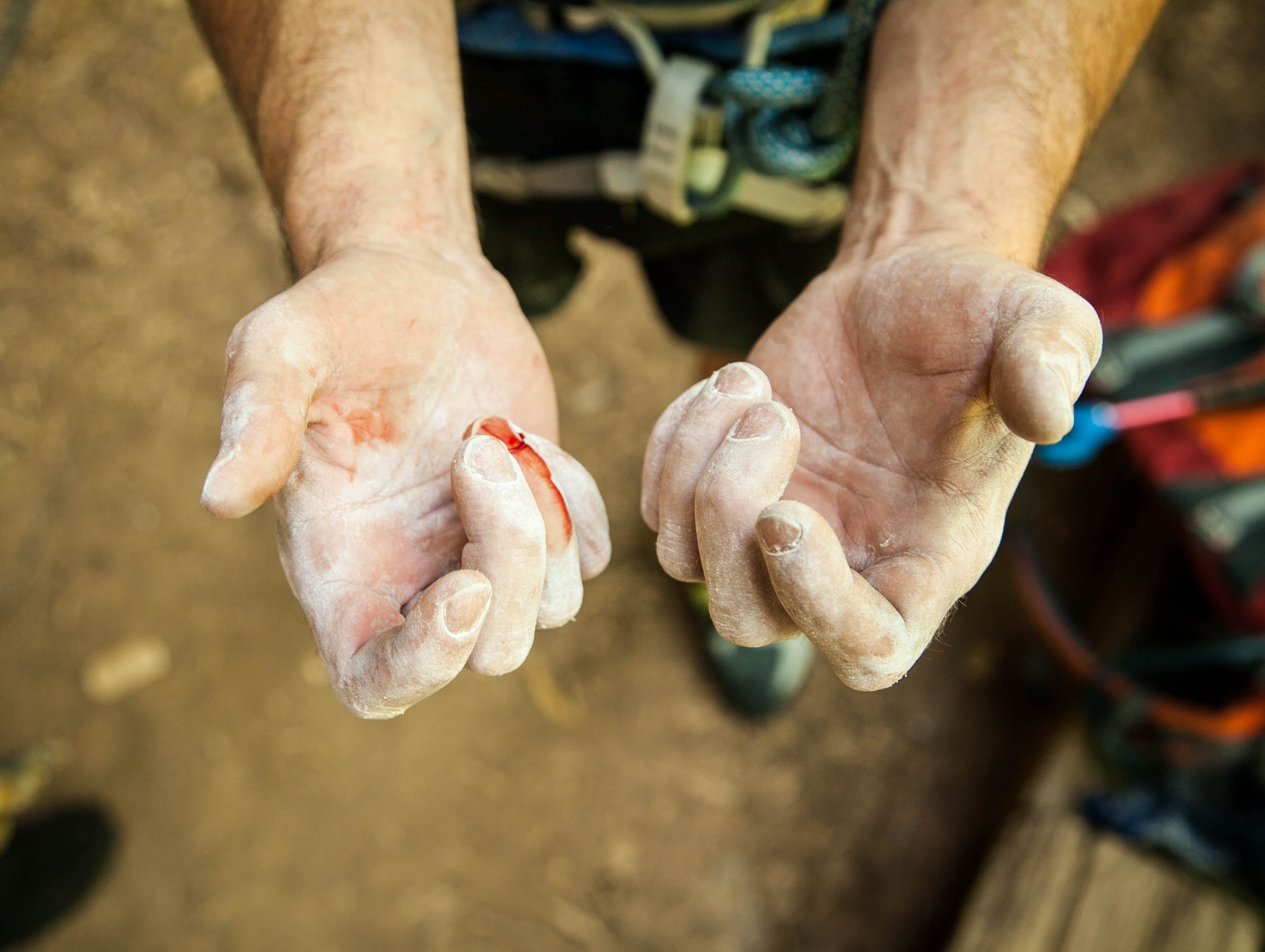Coming into contact with fentanly, by itself, will not cause an overdose, experts say.
Rumor has it that police officers are overdosing just by touching or otherwise coming into contact with the powerful and potential life-threatening synthetic opioid fentanyl. Recently, a Vermont state trooper, acting Sgt. Brett Flansburg, reportedly collapsed in a parking lot after he was exposed to small quantities of a drug.
And, this isn’t the first highly visible story about overdosing from contact with fentanyl. A story from East Liverpool, Ohio, broke previously that an officer collapsed after he brushed residue off his uniform. There have been similar incidents in Massachusetts, California, Michigan, and Pennsylvania.
Yet, getting sick from touching fentanyl or by being in close proximity to it is extremely unlikely. Contact overdose with fentanyl has been a common myth since its beginnings and the stories suggest that helping people can be dangerous, which just isn’t true. This can lead to unnecessary precautionary measures or standards which only slow down emergency response time.

Fentanyl is up to 100 times as potent as morphine and is often mixed with or sold as heroin to increase the number of users hooked on the product. It’s contributed to much of the drug overdose deaths the past few years. But fentanyl is only dangerous when it’s actually, purposely ingested by snorting it or injecting it into the bloodstream. There is no such thing as a mere “contact high.”
In fact, The American College of Medical Toxicology published a position statement back in 2017, finding that “it is very unlikely that small, unintentional skin exposures to tablets or powder would cause significant opioid toxicity, and if toxicity were to occur it would not develop rapidly, allowing time for removal.”
Jeremy Faust, an instructor at Harvard Medical School and emergency room physician at Brigham and Women’s Hospital has treated many fentanyl victims in the ER. He says, “It’s just not a substance that is easily absorbed through the skin.”
“I have definitely had it on my hands and I have touched people that have used it,” said journalist and independent researcher Christopher Moraff, adding, “I’m immersed in the drug culture here and [constantly] talking to users and dealers,” and yet he has not heard of one case in which a dealer overdosed after handling the drug.
Just out of curiosity, Moraff once tested his own urine after he’d spent time testing drug samples that were positive for fentanyl. It was negative, of course. Others have actually posted videos of themselves touching fentanyl online just to prove the point.
It’s hard to say what actually happened to the officers who made headlines, but it is very unlikely they experienced an overdose due to fentanyl unless it was directly ingested. These stories cause more harm than good because they serve to perpetuate a dangerous misconception about the drug. If the myth continues to be believed and protocol is adopted by medical personnel to ward against touching it, including a requirement for masks, gloves, and hazmat suits, overdose response time is going to be greatly affected in a life or death situation where every second counts.
Sources:
You can’t overdose on fentanyl by touching it
Can police officers overdose from accidentally breathing or touching fentanyl?


Join the conversation!